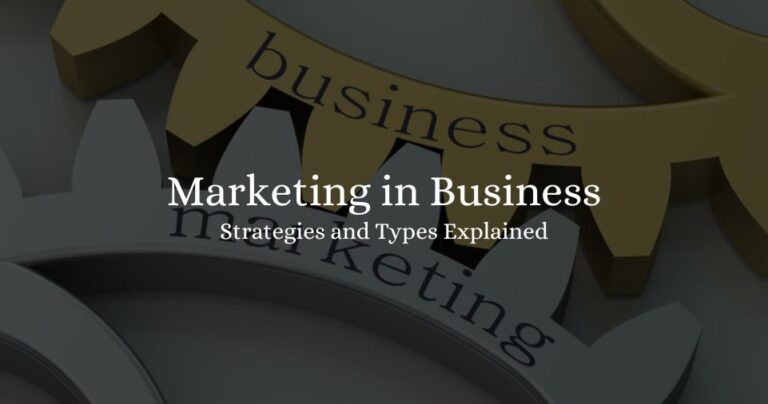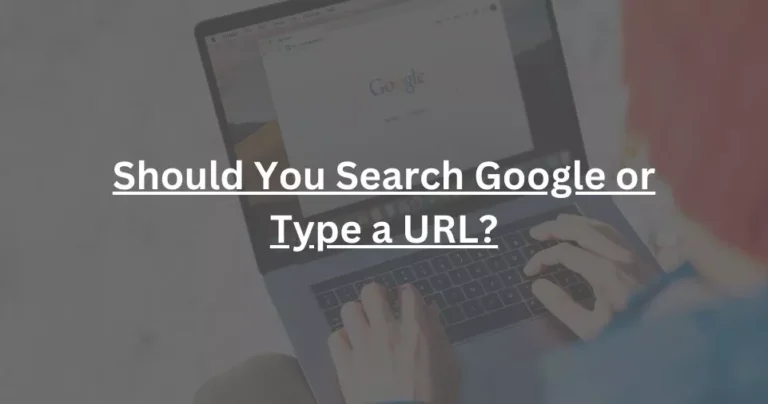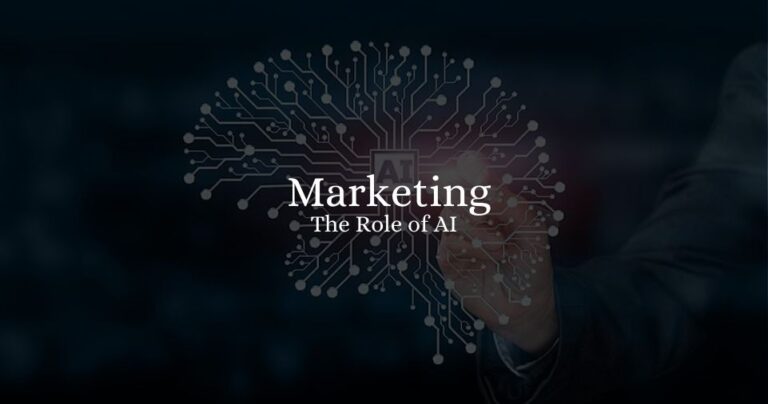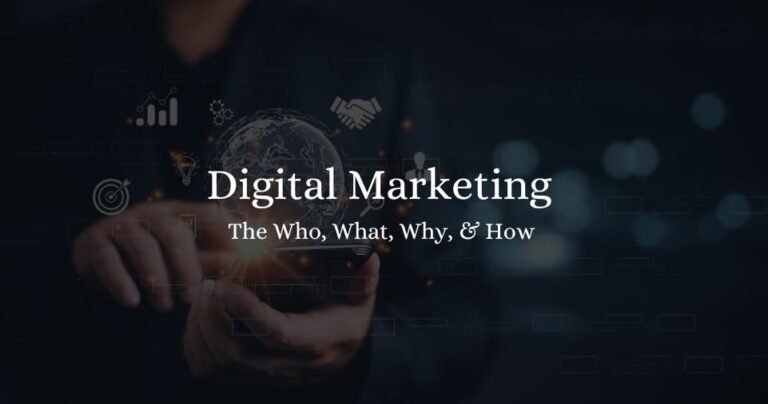The Top Benefits of AI for Marketers 2023
Are you a marketer looking to stay ahead in the fast-paced world of digital marketing? With rapidly evolving technologies, it’s essential to leverage innovative solutions that can streamline your marketing efforts and drive results. That’s where the power of Artificial Intelligence (AI) comes into play. In this comprehensive blog post, we’ll explore the top benefits of AI for marketers and how it can revolutionize your marketing strategies. Whether you’re a small business owner or part of a marketing team, get ready to discover how AI can enhance your productivity, boost customer engagement, and unlock new opportunities in the digital landscape.
Enhanced Data Analysis and Insights
In today’s data-driven marketing landscape, harnessing the power of AI-powered analytics tools is crucial for extracting meaningful insights from vast amounts of data. With AI, marketers can efficiently process and analyze data, unlocking valuable information that drives informed decision-making.
AI-powered analytics tools leverage machine learning algorithms to identify patterns, correlations, and trends within data sets. By automating data processing tasks, marketers can save time and focus on interpreting the insights generated. Real-time data tracking and monitoring further enhance the effectiveness of AI-driven analytics, allowing marketers to adapt their strategies on the fly and optimize campaign performance.
Predictive analytics and forecasting take data analysis a step further by utilizing historical data to predict future trends and opportunities. By leveraging AI algorithms, marketers can identify emerging market trends, customer preferences, and potential buying behaviors, allowing for proactive and targeted marketing strategies.
For example, an e-commerce retailer can use AI-powered analytics to analyze customer browsing and purchasing behavior to identify cross-selling and upselling opportunities. By understanding the patterns and preferences of their customers, they can create personalized marketing campaigns that resonate with their target audience, leading to increased conversions and customer satisfaction.
Personalized Customer Experiences

In an era where customers expect personalized interactions and experiences, AI-driven personalization techniques have become a game-changer for marketers. By leveraging AI algorithms, marketers can create targeted and tailored marketing campaigns that speak directly to individual customer preferences and needs.
Behavioral analysis and segmentation are key components of AI-driven personalization. Marketers can use AI-powered tools to analyze customer behavior, such as website visits, purchase history, and engagement patterns, to understand their preferences and segment them into relevant groups. This enables marketers to deliver customized content, offers, and recommendations that resonate with each segment, increasing engagement and conversions.
Chatbots and virtual assistants are another powerful application of AI in providing personalized customer support. By using natural language processing and machine learning, these AI-powered tools can understand and respond to customer inquiries in real-time. Whether it’s answering product-related questions, assisting with troubleshooting, or guiding customers through the purchasing process, chatbots and virtual assistants provide instant and personalized support, enhancing the overall customer experience.
For instance, a travel agency can implement an AI-powered chatbot on their website to assist customers with travel bookings, provide destination recommendations, and answer frequently asked questions. This not only improves customer satisfaction but also allows the agency to handle a higher volume of customer inquiries efficiently.
Automated Marketing Processes
Automation has revolutionized the way marketers manage and execute their campaigns. With AI-powered automation tools, marketers can streamline their marketing processes, save time, and improve overall efficiency.
AI-powered automation enables streamlined campaign management by automating repetitive tasks such as campaign scheduling, ad placements, and audience targeting. By leveraging AI algorithms, marketers can optimize their campaigns in real-time based on performance data, ensuring the right message is delivered to the right audience at the right time.
Content creation and curation can also be automated using AI. From generating product descriptions to creating personalized email content, AI algorithms can analyze data and customer behavior to create highly targeted and engaging content. This saves marketers valuable time and ensures consistent messaging across various marketing channels.
Email marketing optimization is another area where AI can make a significant impact. AI-powered tools can analyze customer data, behavior, and engagement patterns to deliver personalized and relevant email content. Automated lead nurturing processes can be set up to deliver targeted email sequences based on customer actions, ensuring leads are nurtured efficiently and effectively.
For example, an online retailer can use AI-powered automation tools to send personalized email recommendations to customers based on their browsing and purchase history. By automating this process, the retailer can deliver targeted offers and product suggestions, leading to increased engagement and conversions.
Improved Customer Engagement and Retention

In today’s competitive market, building strong customer relationships is essential for long-term success. AI can play a crucial role in enhancing customer engagement and retention through personalized interactions and proactive engagement strategies.
AI-powered chatbots and virtual assistants have already been mentioned for their role in providing personalized customer support. These tools not only offer instant assistance but also gather valuable customer data and insights during interactions. By analyzing customer conversations and feedback, marketers can identify areas for improvement, optimize their products or services, and deliver a better customer experience.
Personalized recommendations and product suggestions based on customer behavior are also made possible through AI. By analyzing customer data, purchase history, and browsing behavior, AI algorithms can predict customer preferences and offer tailored recommendations. This enhances the customer’s shopping experience, increases cross-selling and upselling opportunities, and ultimately boosts customer satisfaction and loyalty.
Furthermore, sentiment analysis and social media monitoring allow marketers to proactively engage with customers and address any issues or concerns. AI-powered tools can analyze social media conversations, customer reviews, and sentiment data to gauge customer satisfaction levels and identify potential brand advocates or detractors. By responding promptly and appropriately, marketers can demonstrate their commitment to customer satisfaction and build stronger relationships with their audience.
For instance, a telecommunications company can use AI-powered sentiment analysis to monitor social media conversations about their brand. By promptly addressing negative feedback or issues, they can turn a dissatisfied customer into a loyal advocate, while also gaining valuable insights to improve their products or services.
As we’ve seen in this first part of the blog post, the benefits of AI for marketers are vast. From enhanced data analysis and insights to personalized customer experiences, automated marketing processes, and improved customer engagement and retention, AI offers marketers a powerful toolkit to optimize their strategies and achieve better results. Stay tuned for the next section where we’ll explore more benefits of AI in marketing.
Also Read: New Marketing Jobs That Could Focus on AI 2023
Conclusion
In conclusion, the benefits of AI for marketers are vast and transformative. From enhanced data analysis and insights to personalized customer experiences, automated marketing processes, and improved customer engagement and retention, AI offers a range of powerful tools to optimize marketing strategies and achieve better results.
With AI-powered analytics tools, marketers can unlock valuable insights from vast amounts of data, enabling data-informed decision-making and predictive analysis for identifying trends and opportunities. Personalized customer experiences become a reality through AI-driven techniques such as behavioral analysis, segmentation, and chatbots, allowing marketers to create targeted and tailored campaigns that resonate with their audience.
Automation takes center stage in AI’s role in marketing, streamlining campaign management, content creation, and email marketing optimization. By leveraging AI-powered automation tools, marketers can save time and enhance efficiency, while delivering personalized recommendations and suggestions based on customer behavior. Sentiment analysis and social media monitoring further enable proactive customer engagement and retention.
As the digital landscape continues to evolve, embracing AI and leveraging its potential in marketing is essential to stay ahead of the competition. By harnessing the power of AI, marketers can optimize their strategies, deliver personalized experiences, and build stronger customer relationships. The future of AI in marketing is promising, and those who embrace it will be well-positioned to thrive in the ever-changing digital landscape.
So, don’t be afraid to explore and embrace AI in your marketing efforts. Stay curious, stay innovative, and continuously adapt to the latest advancements. By harnessing the benefits of AI, you can unlock new opportunities, enhance your marketing efforts, and achieve greater success in the dynamic world of digital marketing.
FAQs
Q: Is AI only for big businesses or can small businesses benefit too?
A: AI is not limited to big businesses. Small businesses can also benefit from AI by leveraging cost-effective AI tools and platforms that are designed for their specific needs. AI can help small businesses streamline their marketing efforts, enhance customer experiences, and gain a competitive edge.
Q: Will AI replace human marketers?
A: No, AI will not replace human marketers. Instead, AI is a powerful tool that can augment human capabilities and improve efficiency. While AI can automate repetitive tasks and provide valuable insights, human creativity, strategic thinking, and emotional intelligence remain essential in marketing.
Q: Is AI expensive to implement?
A: The cost of implementing AI varies depending on the scale and complexity of the solutions. However, with advancements in technology, there are now more affordable AI tools and platforms available in the market. It’s important to assess the specific needs of your business and explore cost-effective options that align with your goals.
Q: What are the ethical considerations when using AI in marketing?
A: Ethical considerations in AI marketing include ensuring data privacy and security, avoiding biased algorithms, and being transparent in AI-powered interactions with customers. It’s crucial to prioritize ethical practices and adhere to relevant regulations to build trust with customers and maintain a positive brand image.
Q: How can I get started with AI in my marketing efforts?
A: Getting started with AI in marketing begins with understanding your goals and identifying areas where AI can make a significant impact. Start by exploring AI-powered tools and platforms that align with your specific needs, and consider seeking guidance from experts or partnering with AI-focused service providers to ensure a smooth implementation process.






